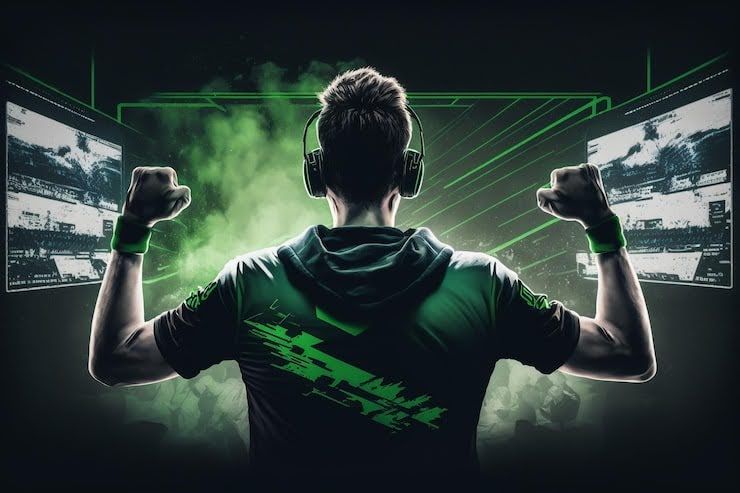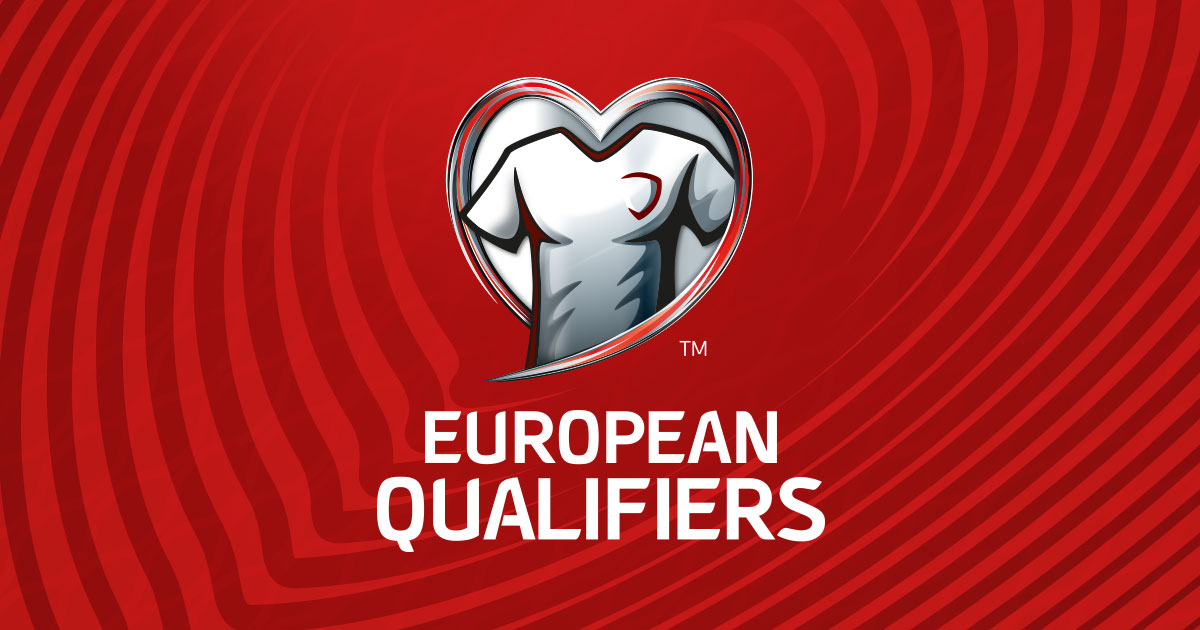
Sports traditions in Missouri have always lived at the intersection of community, competition, and regional identity. Yet in recent years, a new dimension has joined the game day ritual. Fans now navigate an environment where wagering opportunities depend on where they stand on the map, and state borders influence everything from weekend routines to how teams shape their business strategies. In places like Kansas City and St. Louis, a short drive can determine whether someone places a bet with a tap or spends the afternoon watching without that option. This evolving reality affects media markets, local economies, and team engagement strategies, and it increasingly defines how fans interact with the sports they love.
The Legal Landscape at the Missouri Border
The tension between fan demand and regulatory uncertainty is most visible along Missouri’s state lines. Many residents rely on nearby jurisdictions for mobile wagering access, and they often learn the latest updates through platforms such as Missouri sports betting, which help track how neighboring states structure their markets and how Missouri’s ongoing debates compare. These cross border dynamics highlight how much regional decisions shape daily habits for fans and operators alike.
Current Status in Missouri
Missouri’s legislative path features repeated debates over tax structures, licensing frameworks, and connections to other gaming sectors. Lawmakers have discussed mobile and retail wagering for multiple sessions, often stalling when negotiations turn to questions about revenue allocation or whether to tie sports betting to video lottery terminals. Professional sports franchises regularly voice support for a regulated system, emphasizing oversight and partnerships that align with fan expectations. Advocacy groups call for strong consumer protection measures, and ballot initiatives sometimes reemerge when legislative discussions stagnate. Until a formal framework is approved, Missourians track national odds and promotions but remain unable to participate unless they cross into a neighboring state.
Neighbor States and Their Rules
Each border opens a different regulatory doorway. Kansas offers statewide mobile betting and has quickly built a customer base extending across the Kansas City metro. Illinois has a mature market and recently adopted a higher, tiered tax rate that influences operator spending and advertising choices. Iowa maintains a lower tax model with multiple brands available online. Arkansas supports statewide mobile wagering tied to casinos, while Kentucky has entered the mobile market with midrange tax expectations. Nebraska remains focused on retail only, and Tennessee continues with an online exclusive structure. Oklahoma’s progress is limited, leaving it an outlier in the region. All of this creates a ring of options around Missouri that draw activity outward whenever major sports events surge.
What Crossing State Lines Means for Bettors
For many fans, the experience becomes a blend of mobile verification and highway travel. Geolocation services show clusters of activity just beyond Missouri’s borders during busy weekends as people position themselves on legal ground long enough to place their wagers. Parking lots, coffee shops, and roadside businesses near these border points become informal staging areas. While the trips are usually short, they represent lost time and introduce additional travel when traffic is already heavy. The economic effect is measurable too, since tax revenue, advertising spend, and promotional offers all benefit neighboring states rather than Missouri.
Game Day Behavior: Where Missourians Place Bets
Game day patterns reveal how deeply these rules shape fan behavior across the state. In border cities and college towns alike, people adjust plans based on where mobile wagering is available.
Border Town Traffic and Geolocation Realities
Residents in Kansas City or the eastern suburbs near Illinois often plan quick detours before big matchups. A short drive across a bridge or through a familiar intersection can unlock full access to mobile betting apps. Geofencing technology is highly sensitive, so even small positioning differences influence whether a wager is allowed. Over time, operators and geolocation providers have strengthened verification checks, creating consistent hotspots where approvals process reliably. Businesses near these areas see short but steady bursts of visitors during peak periods, often tied directly to sports schedules.
Bars, Stadiums, and Second Screen Trends
Even in Missouri venues where wagering is not authorized, second screen behavior is widespread. Fans watch shifting odds on broadcasts, track live props through social feeds, and communicate with friends over the border who can place wagers on their behalf. Bars on the legal side of the border lean into this culture by offering on screen odds boards, digital trivia connected to betting apps, and event themed promotions. Missouri based teams rely on interactive features such as predictive games, fan challenges, and fantasy integrations to maintain engagement without facilitating real wagers. These experiences blur traditional lines between watching and interacting, and fans increasingly juggle multiple digital touchpoints during a game.
College Towns and Alumni Networks
College towns such as Columbia and Springfield see a different pattern. Students and alumni often travel for games, and these trips double as moments to place legal wagers. Group chats and social media channels circulate boosted odds, sign up offers, and weekend itineraries that revolve partly around crossing a state line. Universities respond with education programs explaining restrictions on athlete betting and team related wagers. Local businesses focus on responsible marketing practices that support enthusiasm without encouraging prohibited activity. The result is a social ecosystem that shapes when and where these communities participate in wagering markets.
Money Flows: Teams, Media, and Local Economies
The economic consequences of border driven betting ripple across sports media, team partnerships, and regional policy conversations.
Advertising, Sponsorships, and Naming Rights
Operators concentrate marketing resources where sign ups convert immediately, which means states surrounding Missouri receive most of the spending. Regional sports networks rely heavily on these advertising cycles, especially during football season and tournament spikes. Teams in border markets partner with operators licensed in neighboring jurisdictions, displaying branding in digital content and broadcast placements while keeping in venue elements focused on fantasy or responsible play. Sponsorship packages increasingly include educational messaging and community programs, balancing regulatory expectations with commercial goals.
Ticket Sales and In Venue Engagement
As stadiums enhance their digital environments, fans experience more interactive features regardless of wagering rules inside the state. Predictive games, second screen contests, and enhanced Wi Fi coverage keep attendees engaged from pregame arrivals through postgame celebrations. For venues near state lines, many fans can place wagers from their seats when their location registers in a neighboring jurisdiction. To accommodate these realities, teams invest in faster networks and partnerships that synchronize data across devices so real time plays match on screen updates.
Tax Revenues Lost Across State Lines
Economic studies of similar border markets point to consistent revenue migration to neighboring states. Spikes around major NFL and college basketball events illustrate how quickly tax dollars shift with fan movement. Sports schedules and fan travel often have a measurable impact on local economies resources like Time Soccer TV help track game times and viewership trends that correlate with betting and revenue flows. Although precise numbers for Missouri are difficult to confirm, comparable metro areas suggest the state could be losing millions each year. These funds would normally support education, infrastructure, responsible gaming programs, and other public services. The question for lawmakers is how to design a framework that captures these resources while maintaining strong consumer protections.
Integrity, Youth, and Responsible Play
As wagering expands across the region, concerns about fairness, harassment, and youth exposure take center stage in policy discussions.
College Athlete Harassment and Safeguards
Student athletes face increasing pressure in the social media era. Missed plays or unexpected upsets can trigger waves of negative messages. Integrity firms and university compliance staff track these patterns and work with law enforcement when threats escalate. Restrictions on certain types of college related bets are becoming more common in states across the country. Schools strengthen mental health support, and hotlines help athletes report harassment quickly. These measures aim to protect young competitors without limiting legitimate fan interaction.
Limits, Self Exclusion, and Education
Responsible play measures form the foundation of most modern wagering frameworks. Time limits, deposit caps, and reality checks help users maintain healthier habits. Self exclusion programs work best when they operate across all licensed providers and connect users with trained support services. Education campaigns on broadcasts and inside venues teach fans how odds work and encourage thoughtful participation. The overall goal is to create a safer environment that supports long term sustainability for any future market.
Data Privacy and Geofencing Concerns
Geolocation keeps wagering compliant, but it also raises valid questions about data practices. Users want clear explanations about how often their devices are pinged, how long data is retained, and whether any information is repurposed for marketing. Strong privacy policies, independent audits, and user friendly opt in controls foster trust. Improving location spoofing detection and IP verification adds security and reduces unauthorized cross border activity.
Policy Paths Missouri Could Take
Missouri’s future framework will reflect ongoing negotiations among lawmakers, teams, casinos, and public advocates.
Legislative Proposals and Stakeholders
Recent proposals feature models that combine mobile access with retail partnerships. Stakeholders disagree on connections to other gaming sectors, advertising guardrails, and youth protections. Some lawmakers prefer a standalone sports betting bill, while others view the issue in the context of wider gaming reforms. Ballot initiatives remain a fallback option, though these campaigns require significant resources and precise timing to succeed.
Tax Rates, Fees, and Market Structure
Neighboring states offer contrasting approaches. Illinois uses progressive tax bands. Iowa maintains a lower flat rate. Tennessee taxes are handled instead of revenue. Kentucky sits in the middle, while Arkansas and Nebraska rely on varying retail structures. Missouri’s discussions focus on the number of operator partnerships each casino may hold, promotional credit treatment, and how much revenue supports responsible play initiatives. The challenge is finding a balance that encourages legal participation without pushing consumers toward unregulated alternatives.
Protections: Wager Limits and College Market Rules
Debates increasingly focus on which markets should be allowed and how to manage high risk bet types. Many states restrict player specific college props and limit micro betting features that could encourage impulsive behavior. Strong identity verification, account limits, and cross brand exclusion features form the backbone of modern consumer protection. Marketing rules may set boundaries near campuses, limit bonus exposure, and require prominent links to support services.
What Fans and Operators Should Watch Next
As technology evolves and regional competition intensifies, both fans and operators face new developments shaping the years ahead.
Technology Shifts: Micro Betting and In Stadium Connectivity
Lower latency networks allow wagers on granular moments such as pitches or possessions. Teams enhance connectivity with private 5G and upgraded Wi Fi to ensure that digital interactions match on field timing. Operators refine interfaces to deliver clearer information and easier limit settings. Integrity systems expand automated monitoring to detect suspicious activity across smaller markets.
Calendar Moments: NFL, March Madness, and Soccer Growth
Sports seasons create predictable cycles. Pro football leads acquisition surges each fall, college basketball drives concentrated spikes each spring, and baseball sustains long form engagement. Soccer’s rapid rise in St. Louis and Kansas City adds another layer of opportunity as fans fill new purpose built stadiums. Each calendar moment amplifies cross border travel for wagering access.
Regional Competition and Court Decisions
Legal developments in other states often influence Missouri conversations. Court rulings on tribal agreements, shifts in ad standards, and adjustments to tax rates create ripple effects. As neighboring states refine their models, Missouri lawmakers track outcomes closely to anticipate economic impacts and avoid unintended consequences. The region will continue evolving quickly, and staying informed will be essential for fans, operators, and policymakers navigating the future of sports wagering.








